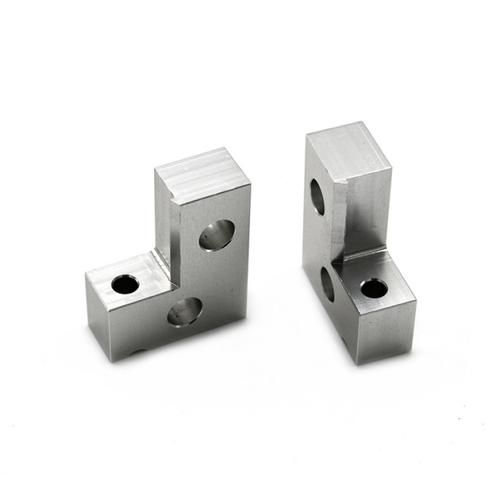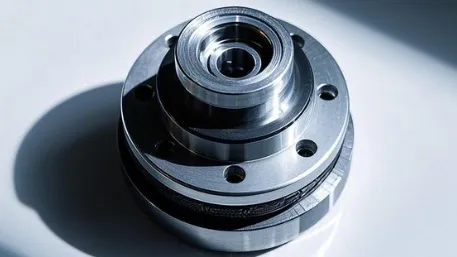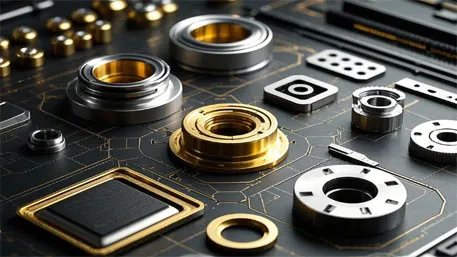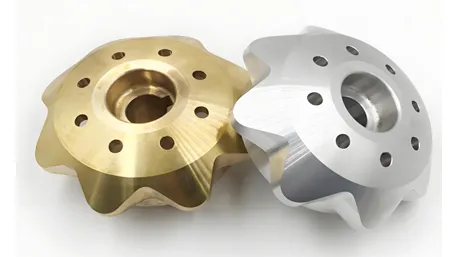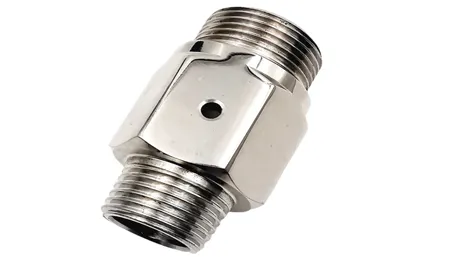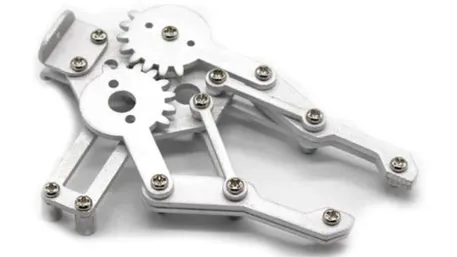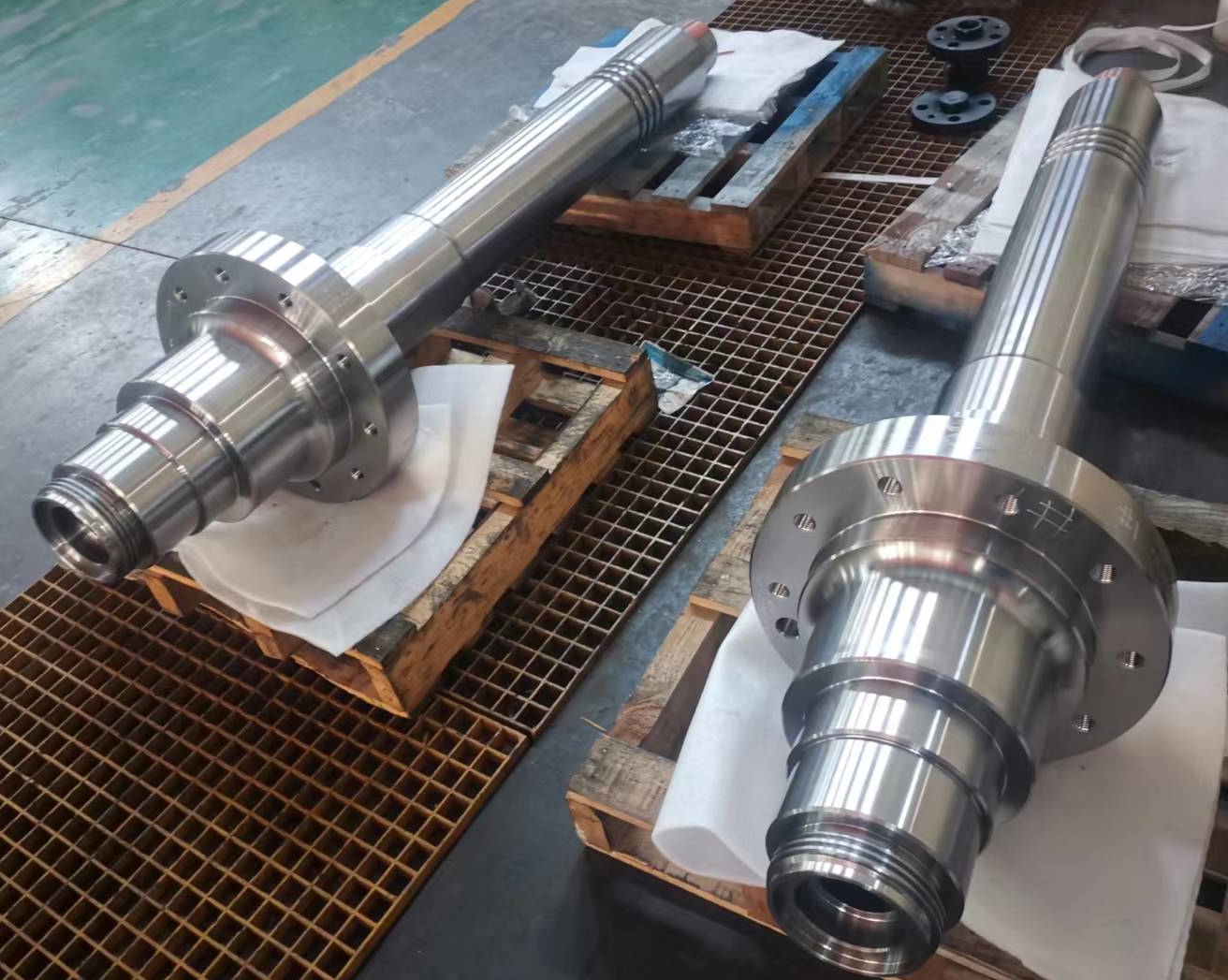If you’re a DIY maker, startup founder, or small-batch manufacturer, “cost” is almost always top of mind when choosing a metal for CNC machining. The short answer? 6061 aluminum alloy is the cheapest metal for most CNC projects—but it’s not the only budget-friendly option. What makes a metal “cheap” isn’t just its raw price per pound; it also depends on how fast it cuts (saves labor time), how little it wears tools (cuts tool costs), and whether it fits your part’s needs (no wasted money on overkill materials).
Below, we break down the most affordable CNC metals, why they’re cost-effective, and when to pick each one—so you can get quality parts without overspending.
1. The Cheapest CNC Metals: Ranked by Practical Cost
“Cheapest” doesn’t mean “lowest raw material price”—it means the total cost (material + machining + tools) is minimized for your project. Here are the top options:
① 6061 Aluminum Alloy: The Best All-Around Budget Choice
Why it’s cheap (total cost):
- Abundant supply: Aluminum is one of the most common metals on Earth, so raw material costs are low ((2–)3 per pound, vs. (3–)5 for brass).
- Ultra-easy machining: It’s soft (but strong enough for most parts) and cuts quickly—CNC machines finish 6061 parts 2–3x faster than steel. Faster machining = lower labor costs.
- Minimal tool wear: It produces clean, non-sticky chips that don’t dull tools. You can use affordable high-speed steel (HSS) tools ((10–)20 each) instead of expensive carbide tools (required for steel).
- Low density: You need less material by weight to make a part. A 6061 bracket weighs 1/3 of a steel bracket of the same size—saving on raw material costs.
Machining traits:
Cuts smoothly with 3-axis or 5-axis CNC, holds tight tolerances (down to 0.005mm for simple parts), and works with common finishes (anodization, sandblasting) at low cost.
Ideal uses:
Prototypes, electronic enclosures, drone parts, brackets, DIY projects, or any part where weight and cost matter more than extreme strength.
② C36000 Free-Machining Brass: Cheaper for Precision Small Parts
Why it’s cheap (total cost):
- Blazing-fast cutting: Brass chips easily (no “stringy” swarf) and machines 2x faster than 6061 aluminum. For small, intricate parts (e.g., 100 tiny electrical connectors), faster machining slashes labor costs.
- Tool longevity: Brass is softer than steel and doesn’t abrade tools—HSS tools last 2–3x longer than when cutting aluminum. Fewer tool changes = lower tool costs.
- No post-machining fixes: It holds fine details (like threaded holes or small slots) perfectly on the first cut, so you avoid rework costs.
Machining traits:
Great for CNC turning (cylindrical parts like fasteners) and 3-axis milling (precision components). It polishes nicely for decorative parts, so you skip expensive finishes.
Ideal uses:
Electrical connectors, valves, fasteners, decorative components, or small precision parts where speed and detail matter (e.g., watch parts prototypes).
③ 1018 Low-Carbon Steel: Cheap for Simple, Strong Parts
Why it’s cheap (total cost):
- Rock-bottom raw material price: 1018 steel costs just (0.50–)1.50 per pound—cheaper than aluminum. It’s widely used in manufacturing, so supply is never an issue.
- No premium tools (for simple cuts): For basic parts (e.g., flat brackets, machine feet) with loose tolerances, you can use HSS tools (though carbide tools are better for longer runs).
Machining traits:
Harder than aluminum or brass, so it cuts 3x slower. It produces tough chips that can clog machines, so you need more frequent tool checks. It’s not ideal for complex designs (tight tolerances or curves) because slow cutting drives up labor costs.
Ideal uses:
Heavy-duty structural parts (e.g., workshop shelf brackets, machine bases) where strength matters more than speed or complexity.
④ Recycled/Scrap Metal: The Cheapest (But Risky) Option
Why it’s cheap (total cost):
- Nearly free: Scrap yards sell recycled aluminum, steel, or brass for (0.10–)0.50 per pound. Some manufacturers even give away scrap offcuts for free.
Machining traits:
High risk—scrap metal often has impurities (rust, dents, uneven thickness) that can break tools or ruin parts. You’ll spend time sorting and testing pieces, which adds hidden labor costs.
Ideal uses:
One-off DIY projects (e.g., a garage shelf bracket), test parts, or projects where precision and durability don’t matter. Never use scrap for mass production—defects will cost more than cheap material saves.
2. Key Factors That Change “Cheapest” for Your Project
The “cheapest” metal isn’t one-size-fits-all. These variables will shift which option works best for you:
① Batch Size
- Small batches (1–10 parts): 6061 aluminum is cheapest. Setup time is short, and HSS tools keep costs low.
- Large batches (100+ parts): C36000 brass may be cheaper. Faster cutting offsets higher material costs, and tool longevity saves money over time.
- Huge batches (1000+ parts): 1018 steel could work (if parts are simple). Low raw material costs add up when making thousands of parts.
② Part Complexity
- Simple parts (flat, few holes): 1018 steel (low material cost) or 6061 aluminum (fast cutting).
- Complex parts (curves, tight tolerances): 6061 aluminum or C36000 brass. Steel’s slow cutting makes it too expensive for intricate designs.
③ Tool Costs
- Aluminum/brass: Use HSS tools ((10–)20 each) → low tool costs.
- Steel: Need carbide tools ((50–)100 each) → higher tool costs (only worth it for simple, large batches).
④ Finishing Needs
- Aluminum: Anodization costs (0.50–)2 per part (cheap and durable).
- Steel: Powder coating costs (1–)3 per part (needed to prevent rust, adding cost).
- Brass: Polishes easily with basic tools (no extra finish cost for decorative parts).
3. FAQs: Your Cheapest CNC Metal Questions Answered
Q1: Is aluminum always cheaper than steel for CNC?
No—only for most projects. If you need a thick, simple steel bracket (e.g., a 10lb machine base) and don’t mind slow machining, 1018 steel’s (0.50/lb price might beat aluminum’s )2/lb price. But for small or complex parts, aluminum’s faster cutting makes it cheaper overall.
Q2: Why not just use scrap metal for everything?
Scrap metal has hidden costs: You’ll waste time sorting good pieces from bad, and impurities (like rust) can break expensive CNC tools or ruin parts. For one DIY bracket, it’s fine—but for a prototype you need to test, or small-batch parts for customers, 6061 aluminum’s consistency is worth the small extra cost.
Q3: Can I mix metals to save money?
Yes! For example: Use 6061 aluminum for the main body of a device (light, cheap) and a small piece of C36000 brass for a precision connector (fast to machine, no finish cost). This way, you only pay for expensive metal where you need it.
Q4: Are there any other cheap CNC metals I’m missing?
Magnesium alloy is cheaper than aluminum, but it’s flammable during machining (needs special safety equipment, adding cost). Zinc alloy is also cheap, but it’s too soft for most structural parts (only good for decorative pieces). 6061 aluminum is still the safest, most versatile cheap option.
Q5: How much can I save by choosing the right cheap metal?
For a small batch of 50 brackets:
- 6061 aluminum: ~$200 total (material + machining + tools).
- 1018 steel (same design): ~$350 total (slower machining + carbide tools).
- C36000 brass (same design): ~$250 total (faster machining but higher material cost).
Choosing 6061 saves 40% vs. steel—enough to fund your next prototype!
4. Ready to Pick Your Cheap CNC Metal?
Tell us about your project below, and we’ll help you choose the most cost-effective option:
- What’s the part for? (e.g., DIY drone frame, electronic enclosure, workshop bracket)
- Do you need strength, precision, or just low cost?
- What’s your batch size? (1 part, 20 parts, 100 parts)
Our team will share a free material recommendation + a no-obligation CNC machining quote—so you can get great parts without overspending.
